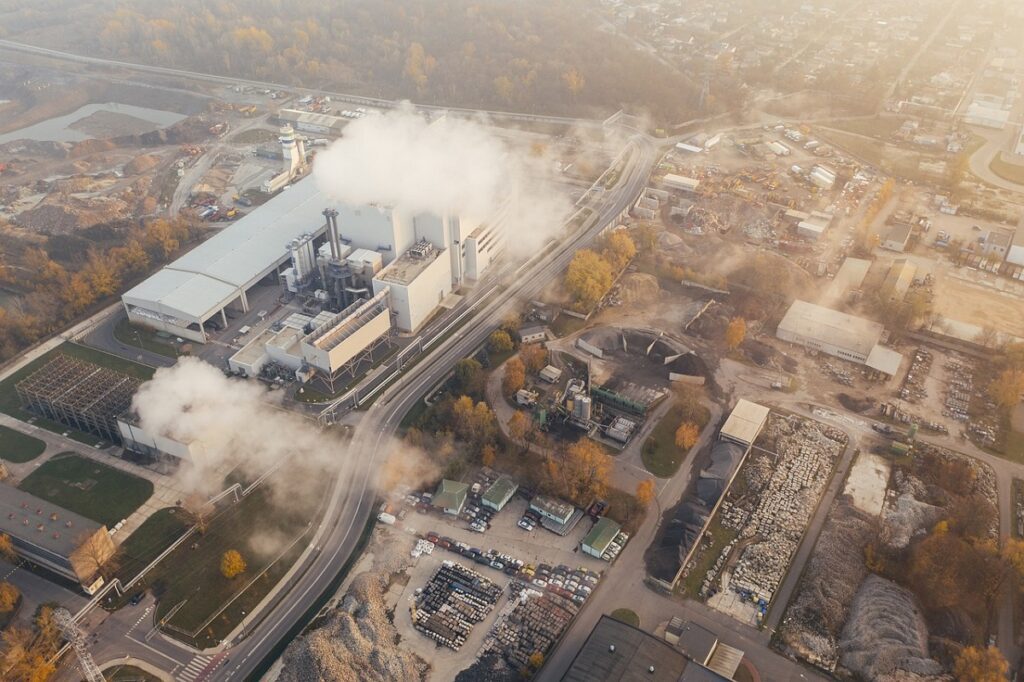COP27, the U.N. Climate Change Conference, is the annual meeting of the 198 signatories of the U.N. Framework Convention on Climate Change. It began yesterday and runs until Nov. 18 in Sharm El-Sheikh, Egypt.
Egypt says it is taking over the COP27 Presidency with a strong understanding of the seriousness of the global climate crisis and respect for the importance of multilateral, collective, and concerted action as the only way to confront this global threat.
COP27 has four main goals:
- Mitigation and reducing emissions.
- Adaptation for climate resilience.
- Finance, including delivering $100 billion per year to assist developing countries.
- Collaboration among all stakeholders.
“There will be a specific focus on how we scale the solutions required to meet our growing food demand in a climate-resilient way, which means commercializing innovative technological solutions and promoting agroecological practices,” explains the World Economic Forum. “The Food Systems Pavilion will be front and center for strengthening these multistakeholder partnerships.”
Agriculture must be part of these talks
Agriculture accounts for around 10% of greenhouse gas emissions—but we have many biotech tools available to reduce agriculture emissions.
EPA reports that 11% of all greenhouse gas emissions in the United States in 2020 came from the agricultural economic sector.
Since 1990, greenhouse gas emissions from agriculture have risen by 6%. This rise is mostly the result of a 62% increase in the total CH4 and N2O emissions from animal manure management systems, which reflects the rise in the usage of liquid emission-intensive systems over this time.
One initiative that can help is the Coalition for Sustainable Productivity Growth, launched last year to accelerate the transition to more sustainable food systems through ag productivity growth “that optimizes agricultural sustainability across social, economic, and environmental dimensions.”
The Agriculture Innovation Mission
Another important initiative is the Agricultural Innovation Mission (AIM) for Climate, launched by the U.S. and the United Arab Emirates at COP26 in 2021 to put agriculture at the center of climate action, is part of the Biden administration’s commitment to a “whole-of-government approach” to the climate crisis. AIM for Climate unites members to dramatically increase investment in and other support for climate-smart agriculture and food systems innovation during a five-year period (2021-2025) in order to combat climate change and world hunger.
BIO supports this initiative and has joined AIM as one of nearly 50 non-governmental Knowledge Partners, and signed on to the Coalition for Sustainable Productivity Growth along with nine countries and dozens of private-sector stakeholders.




